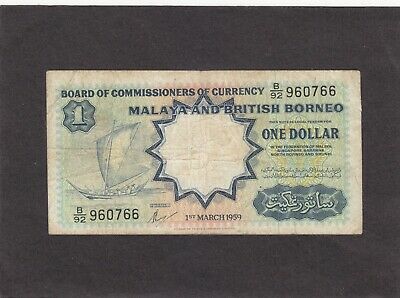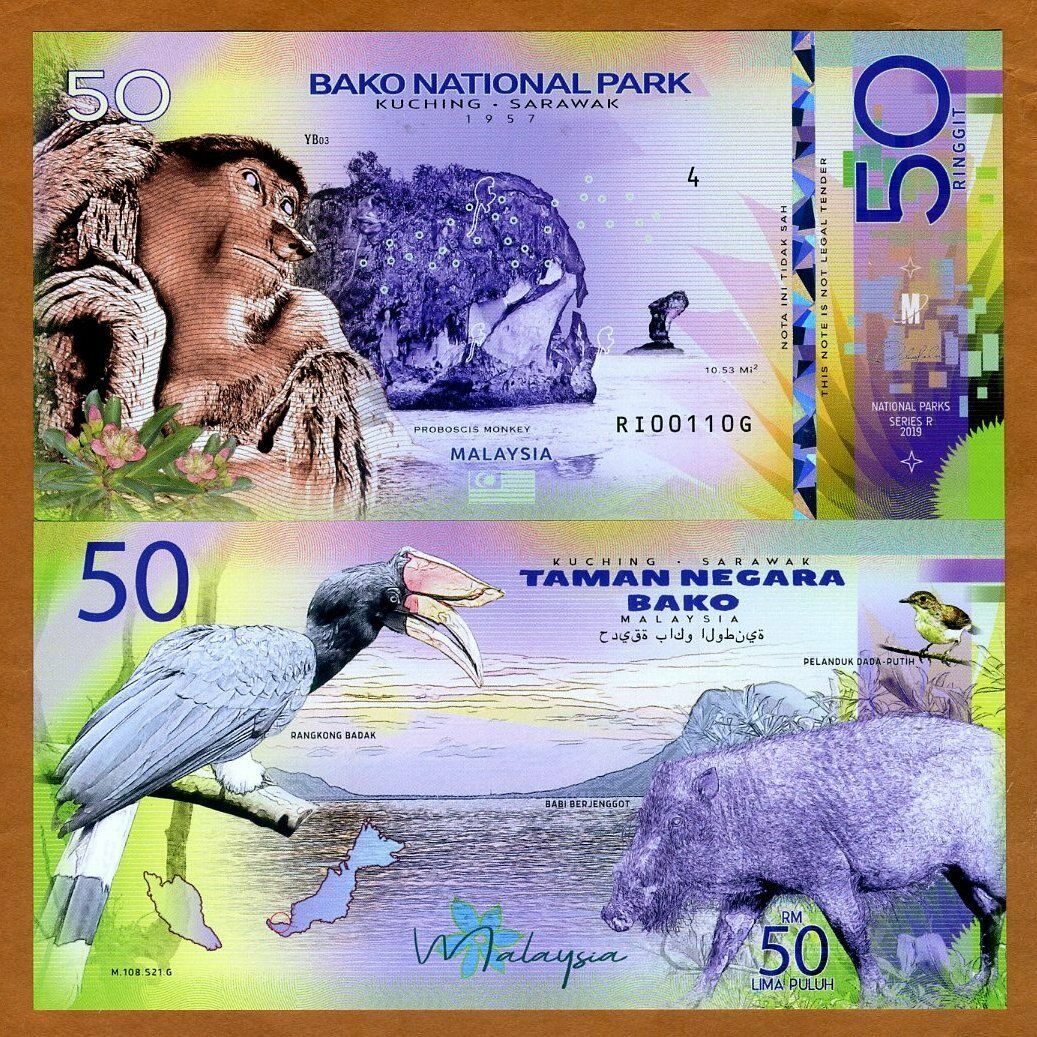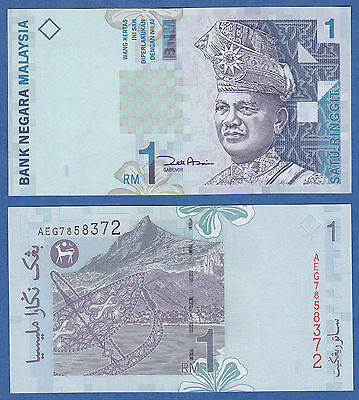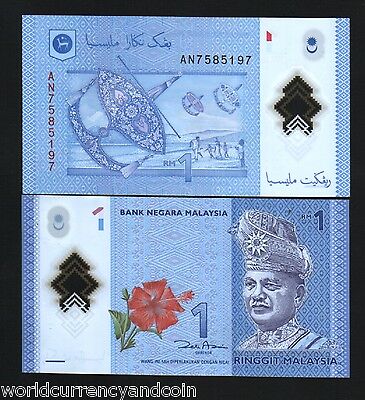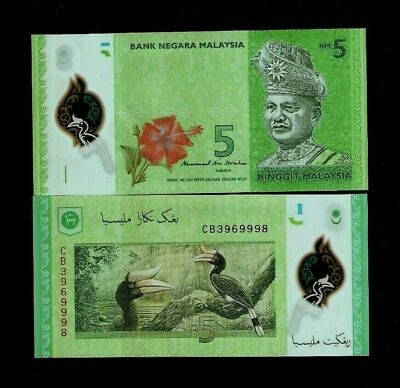-40%
Malaya and British Borneo 1959 P-8A G+/VG
$ 11.61
- Description
- Size Guide
Description
One banknote of Malaya and British Borneo ,1959 P-8A . Condition (opinion): Good+/Very Good (G+/VG) ,widely used, could have been washed,see scan.Printer:Thomas de la Rue & Company Limited. British administration.
See below for related information from the web.Size:12cm/ 6,2cm (small)
----------------------------------------------------------------------------
Postage, including packing material, handling fees : Europe: USD 4.10 / USA $ 4.90. Rest of the World: USD 5.70
FREE of postage for any other additional banknote , stocks & bonds or other items.
Only one shipping charge per shipment (the highest one) no matter how many items you buy (combined shipping).
-----------------------------------------------------------------------------
Guaranteed genuine -
One
month
return
policy
for
the
banknotes (retail sales)
Customers
are invited
to
combine
purchases to save
postage.
Full refund policy ,including shipping cost,guaranteed in case of lost or theft after the completion of the complaint with Spanish Correos for the registered letters (purchases above $ 40.00).
As we have (or could have) more than one identical item ,the serial number may differ from those shown in the picture which is for reference only.
For purchases above .00 we send the orders registered with tracking number without extra charge, for purchases below .00 we ship as regular letters at the buyer's risk.
For purchases below $ 40,00 who want to register your letter with tracking number, please add an extra for : Europe .00 , U.S. .00 ,Rest of the word .00
For some destinations and purchases below .00 customers may be requested for a small extra shipping payment in order to register the shipment with tracking number.
Banknote Grading
UNC
AU
EF
VF
F
VG
G
Fair
Poor
Uncirculated
About Uncirculated
Extremely Fine
Very Fine
Fine
Very Good
Good
Fair
Poor
Edges
no counting marks
light counting folds OR...
light counting folds
corners are not fully rounded
much handling on edges
rounded edges
Folds
no folds
...OR one light fold through center
max. three light folds or one strong crease
several horizontal and vertical folds
many folds and creases
Paper
color
paper is clean with bright colors
paper may have minimal dirt or some color smudging, but still crisp
paper is not excessively dirty, but may have some softness
paper may be dirty, discolored or stained
very dirty, discolored and with some writing
very dirty, discolorated, with writing and some obscured portions
very dirty, discolored, with writing and obscured portions
Tears
no tears
no tears into the border
minor tears in the border, but out of design
tears into the design
Holes
no holes
no center hole, but staple hole usual
center hole and staple hole
Integrity
no pieces missing
no large pieces missing
piece missing
piece missing or tape holding pieces together
See some related information from the web:
History[edit]
Board of Commissioners of Currency Malaya and British Borneo[edit]
The Currency Ordinance No. 44 of 1952 of the Crown Colony of Singapore, No. 33 of 1951 of the Federation of Malaya, No. 10 of 1951 of the British North Borneo and No. 1 of 1951 of the Crown Colony of Sarawak implemented an agreement between those governments and the State of Brunei for the establishment of a Board of Commissioners of Currency to be the sole issuing authority in Malaya and British Borneo.
This agreement became effective on 1 January 1952. The Board consisted of five members:
Financial Secretary of Singapore who was also the Chairman of the Board
Minister of Finance for the Federation of Malaya
Governor of Sarawak
Governor of British North Borneo
British Resident of Brunei
and two further appointed by agreement of the participating governments.
End of common currency
On 12 June 1967, the currency union came to an end and Malaysia, Singapore and Brunei each began issuing their own currencies. The currencies of the three countries were interchangeable at par value under the Interchangeability Agreement until 8 May 1973 when the Malaysian government decided to terminate it. Brunei and Singapore continue with the Agreement until the present day.
The Board of Commissioners of Currency Malaya and British Borneo was officially wound up on November 30, 1979.
----------------------------------------------------------------------------------------------------------
In 1953 the Malayan, Sarawak and North Borneo currencies were superceded by the Malaya and British Borneo currency. This summary is taken directly from Wikipedia:
The Malaya and British Borneo dollar (known as the ringgit in Malay, Jawi) was the currency of Malaya, Singapore, Sarawak, British North Borneo and Brunei from 1953 to 1967. Malaya continued to use this currency after independence in 1957 and the formation of Malaysia in 1963, as did Singapore after its independence in 1965.
The Malayan and British Borneo dollar was issued by the Board of Commissioners of Currency, Malaya and British Borneo. It was subdivided into 100 cents and replaced the Sarawak dollar, British North Borneo dollar and Malayan dollar (also used in Singapore and Brunei) at par. Like its predecessor, it was pegged at one dollar to 2 shillings 4 pence sterling. In 1967, the Malaya and British Borneo dollar was replaced by three new currencies: the Malaysian ringgit, the Singapore dollar and the Brunei dollar, all at par. The Board of Commissioners of Currency, Malaya and British Borneo, was finally wound up in 1979.
